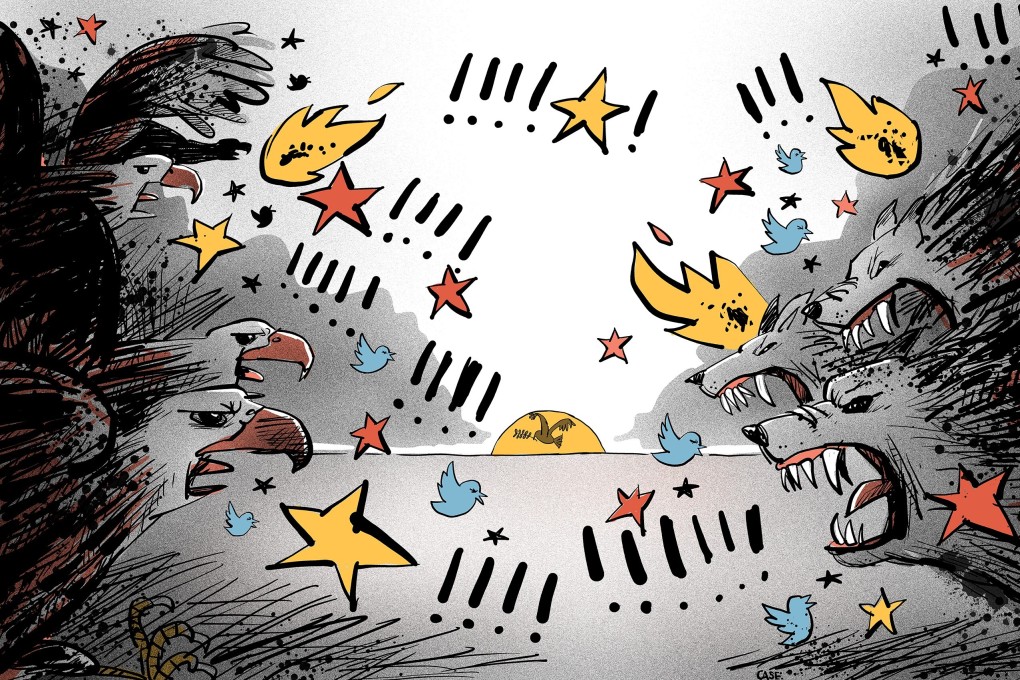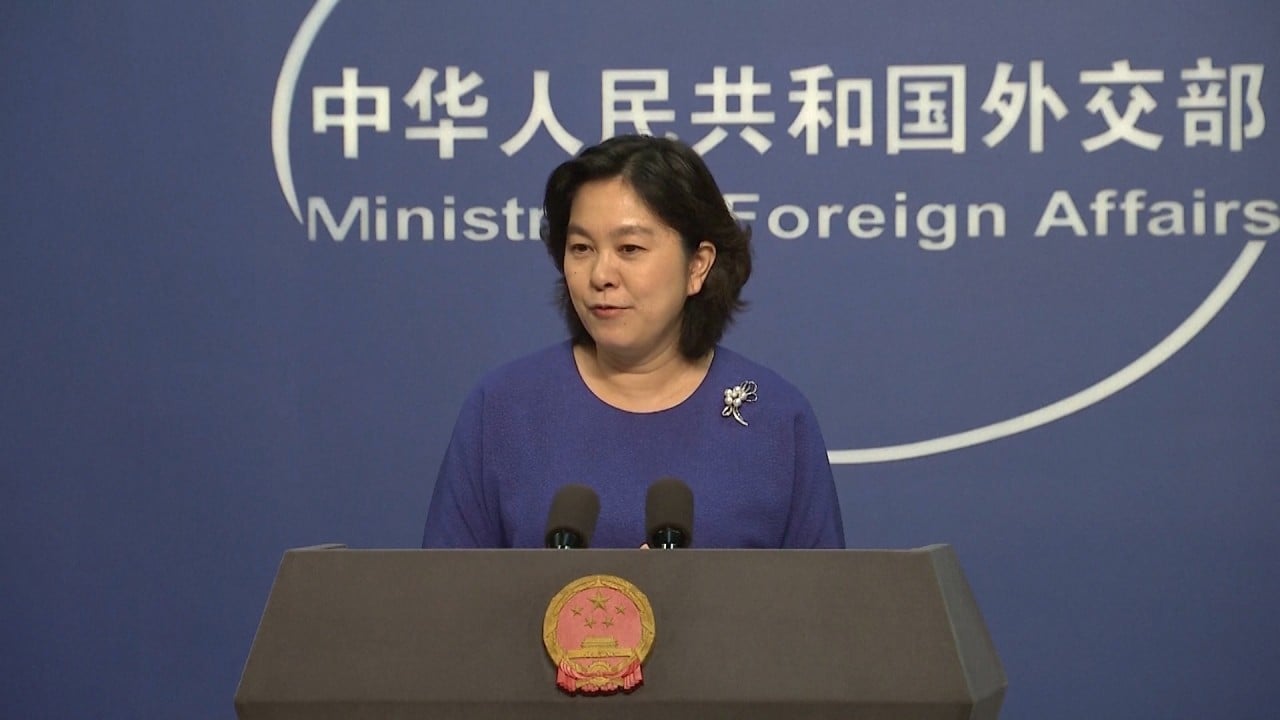Opinion | For US-China relations to improve, diplomats have to step back from Twitter
- The finessed language of diplomacy has given way to hashtags and zingers between US State Department hawks and China’s ‘wolf warriors’
- Diplomacy rarely succeeds when executed over a microphone

He became ambassador to the United States in 1946, and it was there that I met him after I arrived as a student in 1949. Koo had known my father, and invited me to join him for lunch at the ambassador’s residence in Washington. It was my first encounter with a diplomat, and would leave a lasting impression, inspiring my career in US-China relations.
During those days, diplomacy was limited to a small, elite group. The American and Chinese diplomats of the time were among the most capable diplomats in their countries. They studied the history of the relationship and were well versed in each other’s language and history. Wellington Koo received a bachelor’s degree and a doctorate from Columbia University, and The Washington Post noted in his obituary that he was “as fluent in English and French as he was in Chinese”.

03:01
Banning 92 million Communist Party members from America ‘ridiculous’, Beijing says

